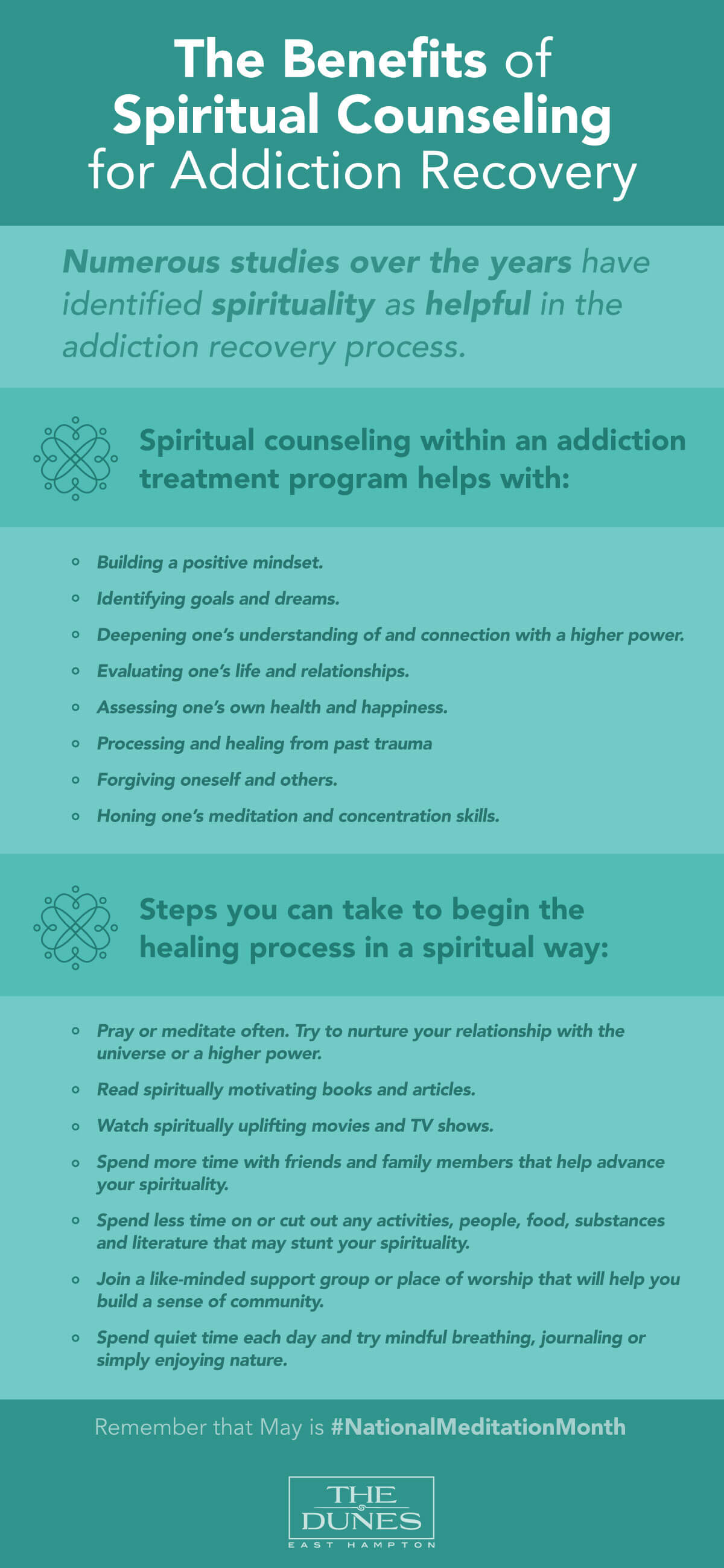Conquering Embarassment And Guilt In Drug Rehabilitation: Testing The Stigma
Conquering Embarassment And Guilt In Drug Rehabilitation: Testing The Stigma
Blog Article
Author-Berger Salazar
You're not alone in the struggles you face, and resolving the preconception surrounding embarassment and regret in Drug rehabilitation is the initial step towards redeeming your life. By exploring the roots of these feelings and learning to navigate them in an encouraging environment, you can lead the way for true healing and development. Remain tuned to find exactly how damaging free from the weight of shame and shame can open a path to self-acceptance and a future full of assurance and positivity.
The Effect of Pity and Sense of guilt
Experiencing shame and regret can considerably prevent your progression in Drug rehabilitation by developing barriers to self-acceptance and recovery. When you lug the weight of pity for past activities or shame for the impact of your addiction on loved ones, it can be testing to progress. These emotions may result in low self-esteem, making it hard to rely on your capacity to change and recover.
Pity and regret can additionally fuel negative idea patterns, strengthening the belief that you're unworthy of assistance or redemption. This can avoid you from totally taking part in the recovery process and looking for assistance when needed. The concern of judgment from others or the concern of encountering your very own emotions might lead you to stay clear of necessary discussions or therapy sessions.
Recognizing and attending to hop over to here is essential for your recovery trip. By overcoming your embarassment and guilt in a safe and helpful setting, you can start to grow self-compassion and forgiveness. This change in mindset can empower you to welcome the healing process with a newfound feeling of hope and resolution.
Approaches for Recovery and Transformation
To facilitate your healing and improvement in Drug rehabilitation, applying efficient techniques is key. One important technique is to proactively take part in treatment sessions. By getting involved completely in specific and group therapy, you can deal with underlying issues, discover dealing mechanisms, and get support from experts and peers.
One more important strategy is to focus on self-care. This includes getting enough remainder, consuming healthy meals, and participating in exercises that promote health. In https://www.opb.org/article/2022/04/14/oregon-democratic-governor-candidate-wilson-bright/ , exercising mindfulness and reflection can assist you stay present and handle cravings or sets off effectively.
Establishing reasonable goals and celebrating little success along the way can likewise add dramatically to your healing trip. By breaking down https://blogfreely.net/donnell45travis/expectations-from-a-drug-recovery-center-healing-and-positive-outlook into workable steps, you can keep inspiration and track your development.
Additionally, bordering on your own with a favorable support system of pals, household, or fellow people in healing can supply support and liability. Remember, each person's path to healing is unique, so it's vital to locate approaches that resonate with you personally and adapt them as needed to foster lasting change.
Accepting a Life of Soberness
Welcome sobriety as a brand-new phase in your life, full of opportunities for growth and gratification. Deciding to live a sober life is a brave step in the direction of a brighter future. By picking soberness, you're picking to prioritize your health and recover control over your life. It may appear daunting initially, however keep in mind that daily sober is a day of progression and strength.
As you embrace soberness, border on your own with encouraging and understanding individuals who uplift and encourage you on this trip. Take part in activities that bring you joy and gratification, assisting you uncover the elegance of life without materials. Accepting http://larraine68vince.booklikes.com/post/6354740/exploring-various-kinds-of-therapies-offered-at-drug-rehab-centers of soberness isn't concerning deprivation however about empowerment. It opens doors to new possibilities and enables you to get in touch with your authentic self.
Commemorate each turning point along the road, no matter exactly how small, as they signify your strength and decision. Bear in mind, soberness is a gift you offer yourself, leading to a life loaded with clarity, purpose, and limitless potential.
Conclusion
To conclude, breaking the preconception surrounding shame and regret in Drug rehabilitation is vital for individual growth and healing. By addressing these emotions head-on, practicing self-care, and embracing sobriety as a daring choice, people can change their lives and rediscover joy and objective.
With a positive support system and a commitment to self-improvement, overcoming pity and shame paves the way for empowerment and a meeting, sober future.
